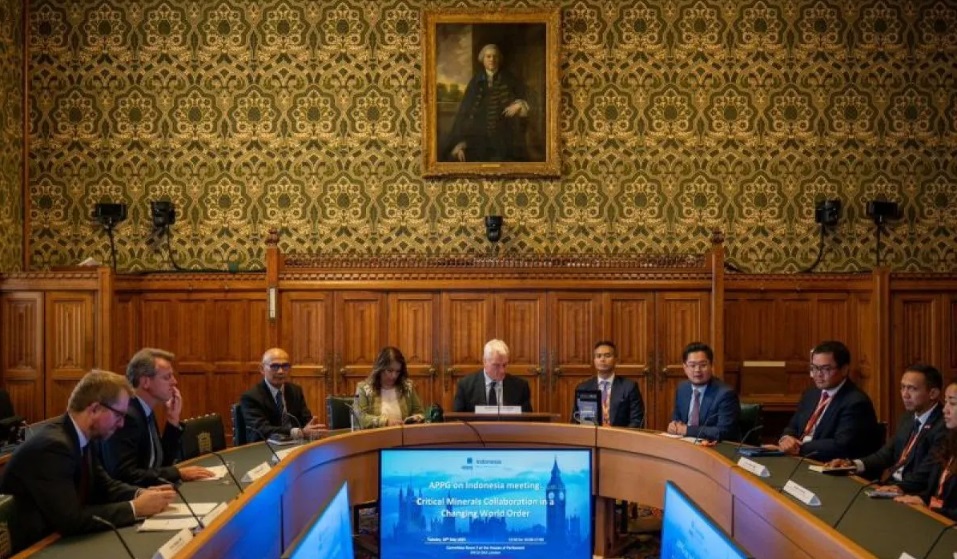
Eid Holiday Tradition Boosts Indonesia’s Economy as Millions of Muslims Travel Home
The Eid al-Fitr holiday marking the end of the Islamic holy month of Ramadan was celebrated by Muslims on Wednesday with family reunions, new clothes and sweet treats.
In Indonesia, the world’s most populous Muslim nation, nearly three-quarters of the population were traveling for the annual homecoming known locally as “mudik” that is always welcomed with excitement.
“Mudik is not just an annual ritual or tradition for us,” said civil servant Ridho Alfian, who lives in the Jakarta area. “This is a right moment to reconnect, like recharging energy that has been drained almost a year away from home.”
Alfian lives in the Jakarta satellite city of Tangerang and was traveling in a van with his four family members to his hometown in Lampung province at the southern tip of Sumatra island, despite severe traffic congestion starting to occur on major thoroughfares.
Before the Eid al-Fitr holiday, markets teemed with shoppers buying clothes, shoes, cookies and sweets. People poured out of major cities to return to villages to celebrate the holiday with their loved ones. Flights were overbooked and anxious relatives weighed down with boxes of gifts formed long lines at bus and train stations for the journey.
The Indonesian Chamber of Commerce and Industry said the financial turnover during the Eid holiday this year will reach nearly $10 billion and cross sectors including retail, transit and tourism.
For Arini Dewi, a mother of two, Eid al-Fitr is a day of victory from economic difficulties during Ramadan. “Eventually I’m happy in celebrating Eid holiday despite surge of food prices,” she said.
Former Vice President Jusuf Kalla was among Jakarta residents offering prayers at the Al Azhar mosque yard. “Let’s celebrate Eid al-Fitr as a day of victory from many difficulties… of course there are many social problems during fasting month of Ramadan, but we can overcome it with faith and piety,” Kalla said.
On the night before the holiday, called “takbiran,” Jakarta residents celebrated the eve of Eid al-Fitr by setting off firecrackers on streets that were mostly empty as city residents traveled home.
On Wednesday morning, Muslims joined communal prayers shoulder-to-shoulder on the streets and inside mosques. Jakarta’s Istiqlal Grand Mosque, the largest in Southeast Asia, was flooded with devotees offering the morning prayers.
Preachers in their sermons called on people to pray for Muslims in Gaza who were suffering after six months of war.
“This is the time for Muslims and non-Muslims to show humanitarian solidarity, because the conflict in Gaza is not a religious war, but a humanitarian problem,” said Jimly Asshiddiqie who chairs the advisory board of the Indonesian Mosque Council.



